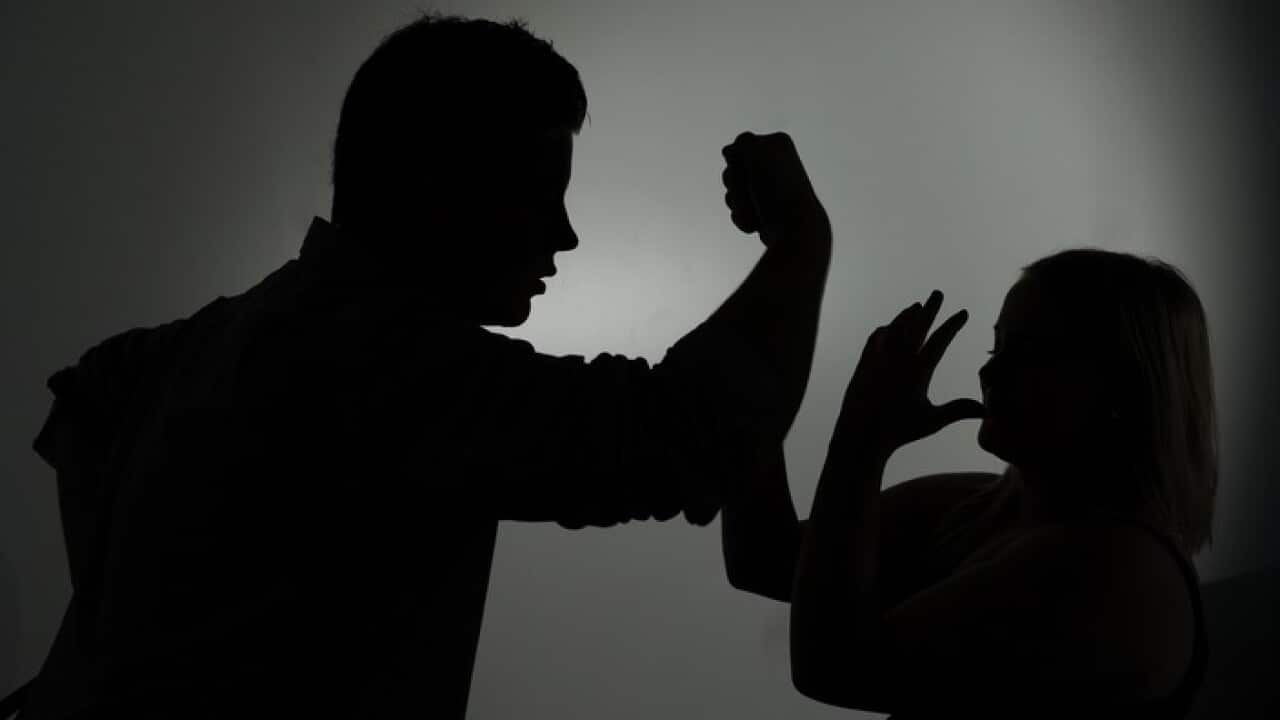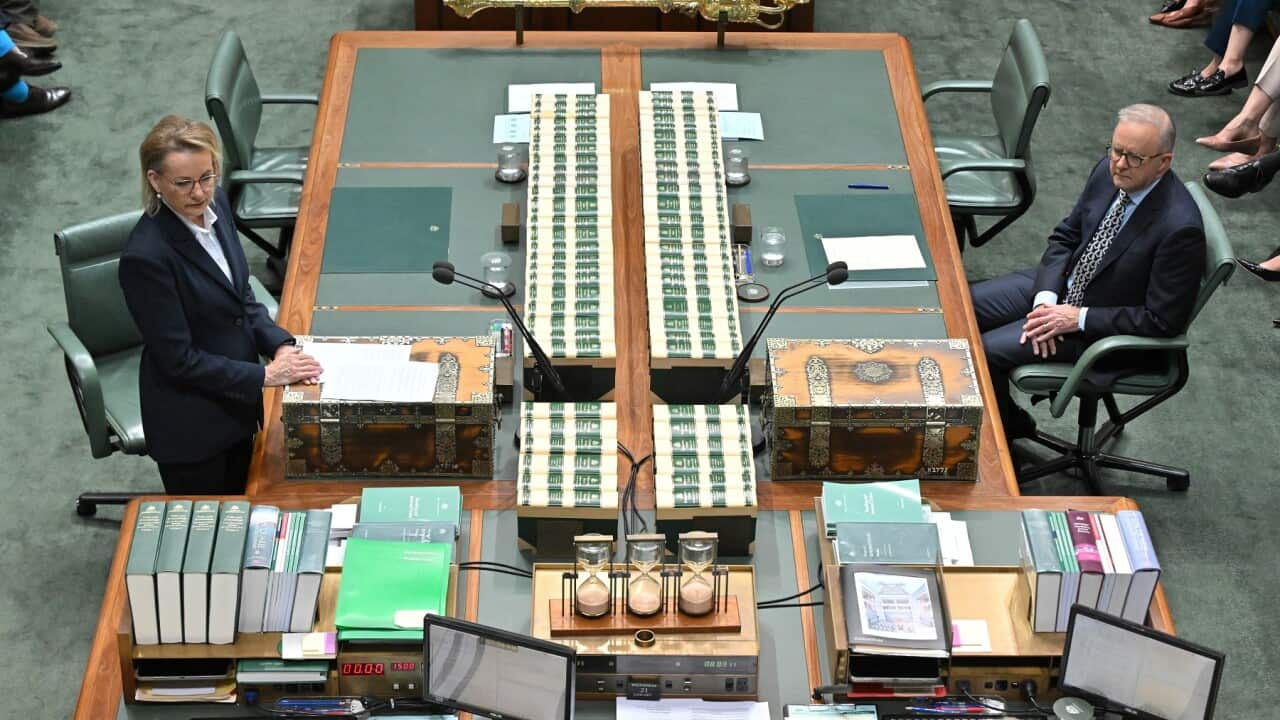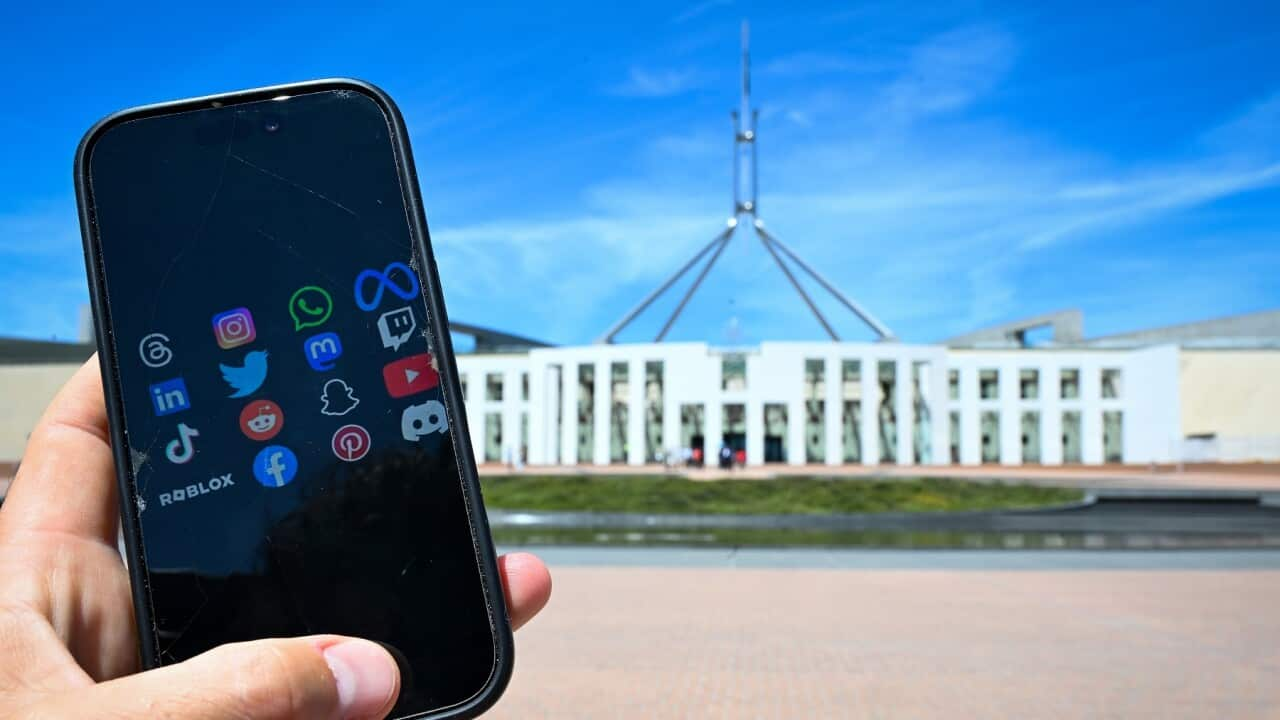The Supreme Court of Victoria has sentenced a man to 14 years in prison for raping his wife, dismissing his appeal against a guilty verdict by the County Court.
In its decision last week, the Supreme Court of Victoria upheld the County Court’s decision of convicting a 38-year-old man, dismissing his appeal against the jury’s guilty verdict.
Highlights:
- Supreme Court of Victoria has sentenced a man to 14 years in prison for raping his wife.
- The County Court had found him guilty and sentenced him to 9 years and 7 months’ imprisonment.
- The Supreme Court rejected his appeal and re-sentenced him to 14 years' imprisonment.
Australian law makes it clear that if a person is married to a person upon whom an offence under section 61I, 61J, 61JA or 61K is alleged to have been committed, it is no bar to the first person being convicted of the offence.
However, this is a recent development. Hardly two decades ago in most Australian states and territories, men could rape their wives with impunity as rape in marriage was not a crime.
Now state legislatures have enacted laws that address the issue of rape in marriages.
Arezo Safi says the loss of a husband’s immunity went some way to acknowledging a woman’s individual bodily autonomy and her right to consent to each and every act of sex.
“The issue remains that sexual violence in an intimate relationship is not easily perceived as family violence,” says Ms Safi.
Marital rape is not culturally understood, especially in the South Asian communities
She also points out that most women, particularly in migrant communities, do not understand that non-consensual sex with their intimate partner constitutes rape in Australia.
“It is a crime and punishable. Whilst, the husband’s immunity has been abolished, as a society, we still have to go further in recognising that sexual violence is still a strong and present component of family violence,” said Ms Safi.
If you need assistance, there are specialist family violence services that are available to help, including:
- 1800RESPECT — 1800 737 732
- safe steps Family Violence Response Centre — 1800 015 188
- InTouch Multicultural Centre Against Family Violence
- W|Respect — 1800 542 847
- Men’s Referral Service — 1300 766 491
In an emergency, always call Police at Triple Zero (000). If English is not your first language, you can ask for an interpreter.






